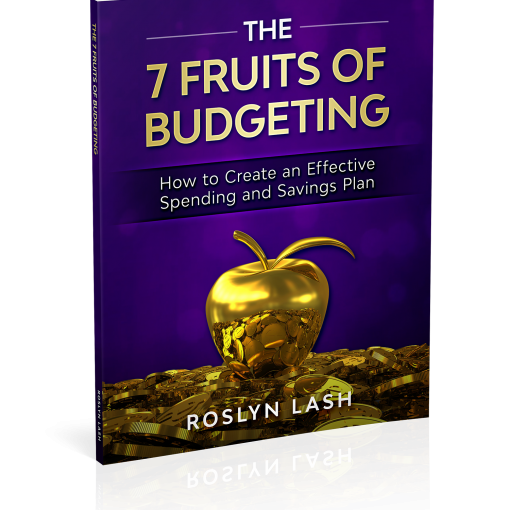By Richard Stevens

If you are the owner of a rental property, you have probably spent some time thinking about how to maximize the monthly cash flow. Fortunately, there are a number of ways to increase the cash flow status of your investment property. In this post, we outline 5 highly recommended methods.
Tip 1: Build an annual rent increase into the contract
One of the joys of rental property is that you can increase rental income each and every year, provided you build this particular clause into the contract.
In most cases, modern tenants will expect an annual increase, but the amount must be reasonable. The key is to find the right balance between keeping your tenants happy, while also collecting a rental amount that is in line with property market trends in your area. Ultimately, you should settle on a percentage that will steadily increase the profitability of your property, without increasing the vacancy rate (percentage of the year without a tenant).
Tip 2: Get Clued Up On All Possible Tax Deductions
If you investigate the possible tax deductions that can be applied to rental properties, you might be surprised to find out how many there are. While each state and city may have its own tax specifications, there are some general expenses that are considered tax deductible in most states in the US. More specifically, the following expenses are regarded as tax deductible in most cases:
- Mortgage interest
- Property depreciation
- Property Insurance
- Legal fees
- Property repairs
- Property supplies
- Property losses
- Real estate agent fees
If you have any doubts about these expenses, it may be in your best interests to consult a tax practitioner. The key is to make sure you understand each and every tax deductible expense associated with your rental property. Doing so can greatly improve the after tax income that you are liable to receive, meaning more money in your pocket and better cash flow overall.
Tip 3: Look after your tenants
When analysing a rental property, it is important to understand the expected vacancy rate. Vacancy rate refers to the percentage of the year that the property will be vacant. Naturally you are unlikely to collect rental income during these periods, which is why this expense is built into most rental property calculators.
In most cities across the US, the vacancy rate ranges from 4-8%, but it can be higher or lower depending on the property you are investigating (and the quality of the tenants). The real point is that your actions as a landlord can have an impact on the vacancy rate of your property.
In order to keep your tenants happy, it is in your best interests to:
- Maintain an open line of communication via email, phone and messenger
- Repair all property faults as soon as possible
- Respect the privacy of your tenants
- Be fair and reasonable with the rental increase
- Help take care of the property by scheduling cleaning services 1-2 times per year
- Be warm, friendly and polite whenever you speak to your tenants
While each of these recommendations may seem small, collectively, they can have a big impact on how happy your tenant is while living in your property. The happier your tenant, the more likely they are to stay.
Tip 4: Make Extra Payments Toward Your Bond
In most cases, investors will have an active bond on their rental property. Regardless of how much you owe, making additional lump sum payments toward your bond will effectively reduce the monthly mortgage repayment
While the money coming in (rental income) might remain the same, the money going out (mortgage repayment) will decrease.This will have a positive impact on the cash flow status of your rental property.
Tip 5: Drop your real estate agency
This tip is best suited to property investors with years of experience, but it can also be applied by property owners who prefer a ‘hands-on’ approach to managing their investment.
By dropping your real estate agent, you can transfer their commission fee directly into your pocket. Admittedly there are some risks with this approach, but it is important not to overinflate those risks.
If you know how to source and screen tenants, and you take on the services of a legal firm to help you draft the tenant’s contract, it is realistic to drop your real estate agency outright. At the end of the day, it’s a business decision. If you have the time and skills necessary to drop their service fee, it’s definitely an option worth considering.
Final Thoughts:
In the end, maximizing the cash flow of your rental property is a realistic and worthwhile goal. The key is to choose one strategy and implement it to the best of your ability before moving on to the next tactic. If you do, your property could quickly become a lifelong cash cow that can help you achieve financial freedom.




